Biden Policies for Gain-of-Function Experiments on Deadly Extinct Viruses Including Spanish Flu and Smallpox Effective 2025
"[A]ny federal department" can issue a "waiver temporarily exempting all research proposals on a designated biological agent or toxin" from safety inspection for 180 days.
The Biden administration has quietly introduced new rules, effective in 2025, that dramatically reduce government oversight on high-risk pathogen research, the same research the COVID-19 pandemic is said to have arisen from.
Follow Jon Fleetwood: Instagram @realjonfleetwood / Twitter @JonMFleetwood / Facebook @realjonfleetwood
The new policy, published without any media attention on the White House website in May, allows any federal agency to waive standard safety protocols for experiments involving dangerous pathogens—including those that could resurrect eradicated viruses like the 1918 influenza (Spanish Flu) and smallpox—if “determine[d]” necessary by the agency Secretary.

The policy replaces (“supersedes”) the Department of Health and Human Services (HHS) 2017 “Framework for Guiding Funding Decisions About Proposed Research Involving Enhanced Potential Pandemic Pathogens” (HHS P3CO Framework), the primary federal document governing research involving deadly pathogens, such as gain-of-function research.
This website appears to be the only news outlet, mainstream or nonmainstream, reporting and keeping a spotlight on these new rules governing deadly pathogens research in the wake of the COVID pandemic.
Resurrecting Eradicated Pathogens
While the waiver can apply to any pathogen, the new policy explicitly includes research involving the reconstitution of eradicated or extinct pathogens—such as smallpox (Variola major) and the 1918 influenza virus (Spanish Flu)—under its “Category 2” classification.
This designation typically requires oversight due to the high risks associated with handling such pathogens.
However, the new Biden policy allows for exemptions if any federal Secretary issues a waiver, meaning that labs could potentially conduct risky experiments on these deadly viruses without the usual oversight in emergency situations.
According to one of the documents provided in the White House announcement, Category 2 oversight is usually “required for experiments that generate, use, reconstitute, or transfer an eradicated or extinct PPP (pathogen with pandemic potential) that may pose a significant threat to public health, the capacity of health systems to function, or national security, regardless of whether the experiment enhances the PPP.”
Category 2 research is defined as research that “can be reasonably anticipated to result in the development, use, or transfer of a pathogen with enhanced pandemic potential (PEPP) or an eradicated or extinct pathogen with pandemic potential (PPP) that may pose a significant threat to public health, the capacity of health systems to function, or national security, through the potential accidental or deliberate introduction of a PEPP or an eradicated or extinct PPP into a human population.”
It should be noted that PEPP research is defined as “a type of so called ‘gain-of-function’ (GOF) research,” according to the National Institutes of Health (NIH).
The White House document specifies that “[c]urrent eradicated and extinct PPPs include Variola major and minor, and Influenza A virus subtypes H1N1 (1918) and H2N2 (1957-1968).”
This means that under a waiver, labs could conduct work—including involving gain-of-function—on these historically dangerous pathogens, even if it involves resurrecting viruses that have been extinct for decades.
Acknowledging the risks, the document notes that “any research with these PPPs is considered Category 2 because of the heightened consequences of biosafety or biosecurity incidents that could occur... even without any enhancement to virulence or transmissibility.”
‘Emergency’ Waivers on Safety Checks for High-Risk Research
Last month, this website reported that a key component of the updated policy, issued by Biden’s Office of Science and Technology Policy (OSTP), is a broad waiver system that grants emergency powers to every federal department and independent federal funding agency.
This provision allows any agency funding research on high-risk pathogens to bypass standard oversight procedures for 180 days if they declare an urgent need to respond to an “emergency.”
According to another White House document published with the announcement, “The Secretary of any federal department that funds research covered under Category 1 or Category 2 may issue a waiver temporarily exempting all research proposals on a designated biological agent or toxin from the oversight process... if the Secretary determines that... such research is urgently required... to facilitate an effective response to such an emergency; and, (3) the benefits of such a waiver exceed the potential risks.”
This authority isn’t limited to traditional federal departments.
The policy also extends to independent funding agencies, specifying that “for federal funding agencies ‘not under a department,’ the agency head may issue such a waiver.”
This language makes it clear that all agencies, regardless of department affiliation, have the power to exempt high-risk research from oversight during an emergency.
Follow Jon Fleetwood: Instagram @realjonfleetwood / Twitter @JonMFleetwood / Facebook @realjonfleetwood
Treaty 'Loophole' Allows World Governments to Develop Deadly Bioweapons Like COVID and Corresponding Vaccines: Yale Professor (Video)
The ‘Convention on the Prohibition of the Development, Production and Stockpiling of Bacteriological (Biological) and Toxin Weapons and On Their Destruction,’ known as the “Biological Weapons Convention” (BWC), was opened for signature in April 1972 and took effect in March 1975.
Biden Admin Accused of ‘Murder,’ ‘Treason,’ ‘Genocide,’ and Use of ‘Weapons of Mass Destruction’ with COVID-19 Shots, 5G, Chemtrails, Mosquitos: Texas Lawsuit
A monumental lawsuit filed on October 15, 2024, in the Southern District of Texas accuses Joe Biden, Dr. Rochelle Walensky, Alejandro Mayorkas, and other top officials of “murder,” “treason,” “genocide,” and facilitating the use of weapons of mass destruction.
Operation 'Large Area Coverage' (LAC): U.S. Gov't Covertly Sprays Airborne Toxic Chemical Agent on Unsuspecting Americans in Secret Bioweapons Experiment
In the 1950s and 1960s, Stanford University and the U.S. Army Chemical Corps conducted aerial dispersion tests using military transport aircraft that exposed unsuspecting Americans to fluorescent zinc cadmium sulfide (ZnCdS) particles, as part of …
'Wuhan West' Colorado State University Bat Lab Receives Millions in New NIH Funding
In a timely revelation during Halloween’s Bat Week (October 24–31), new federal funding has been allocated to Colorado State University’s (CSU) bat research facility in Fort Collins, Colorado, stoking opposition from public health advocates and government officials alike.


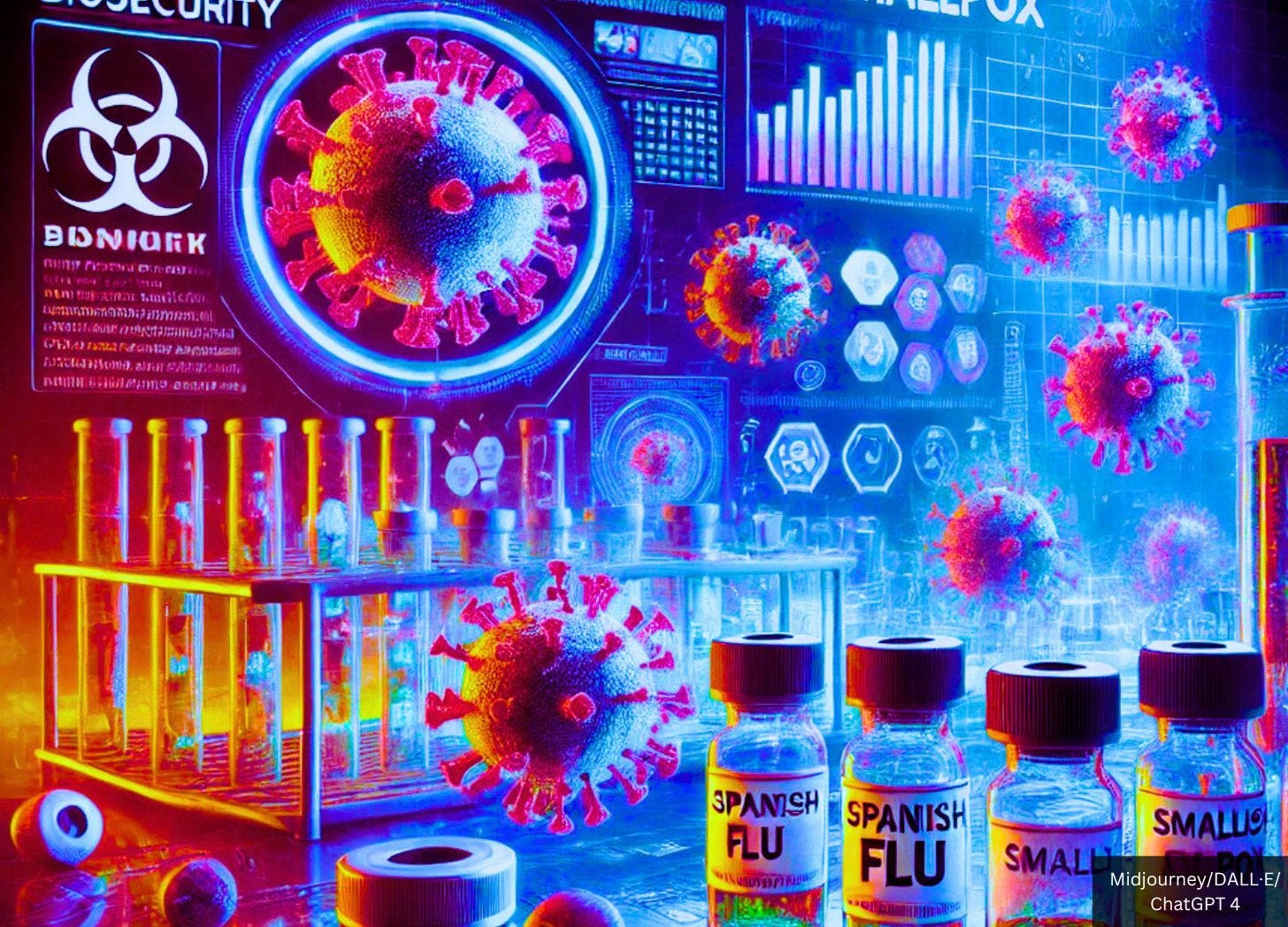
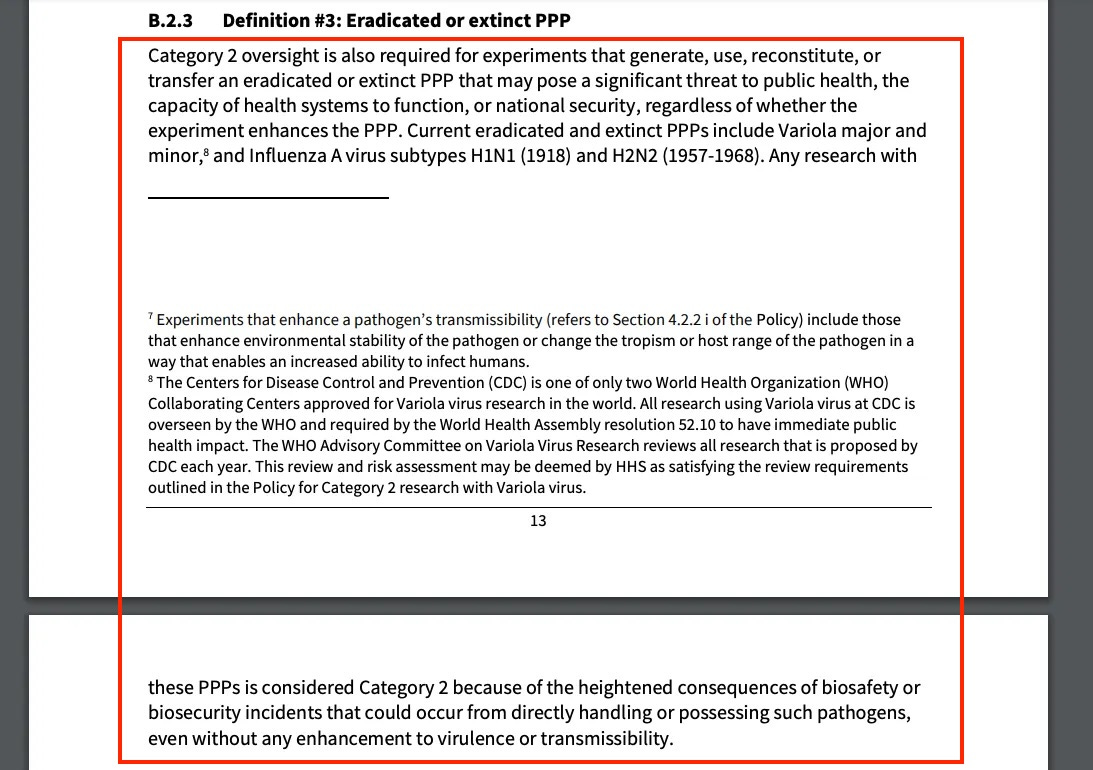
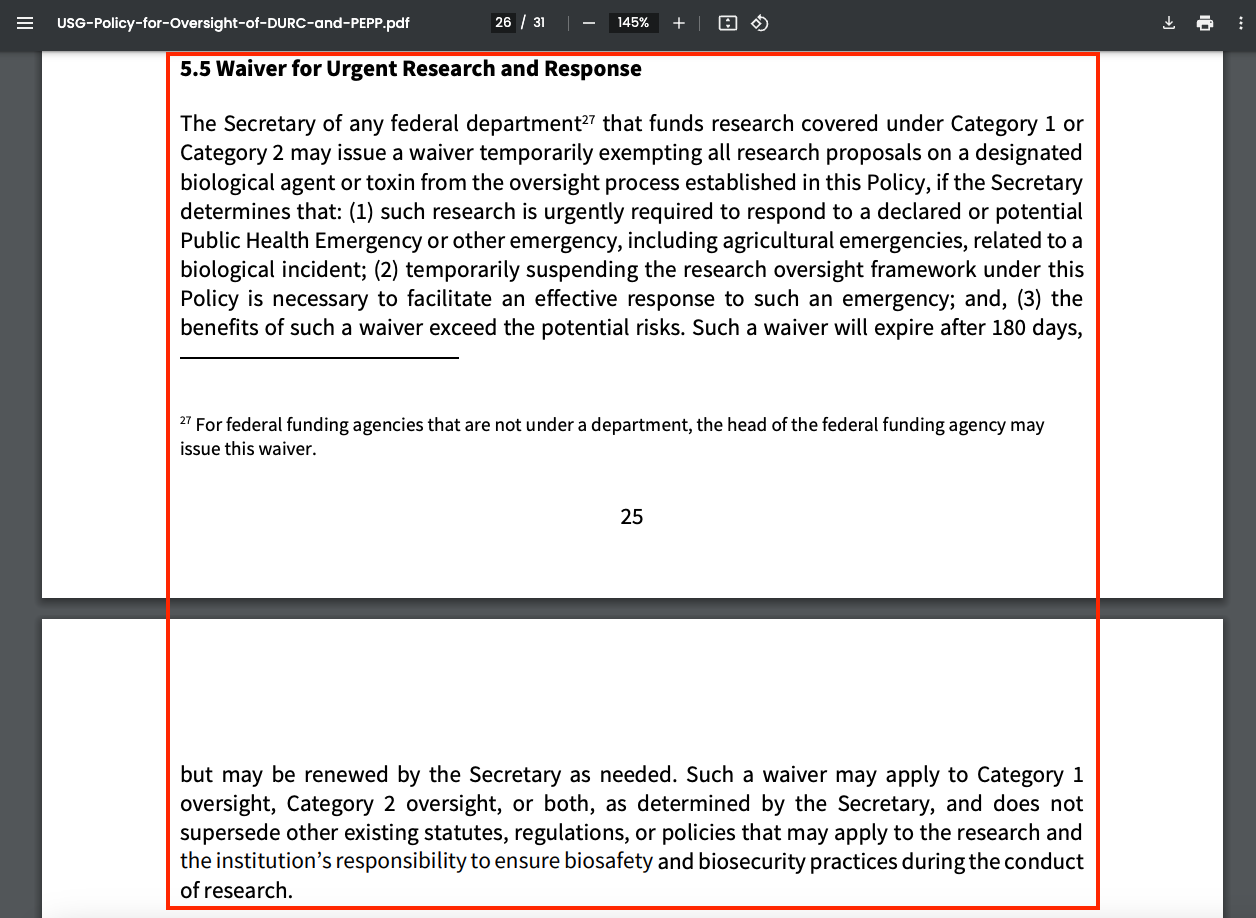


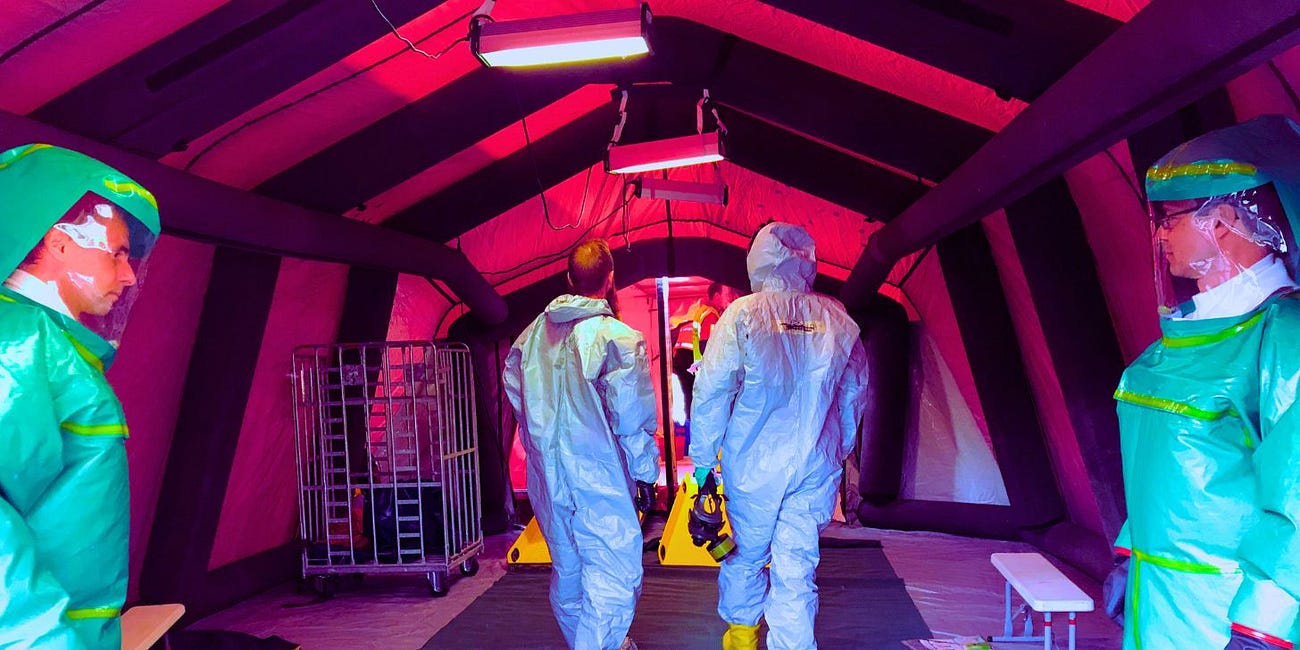

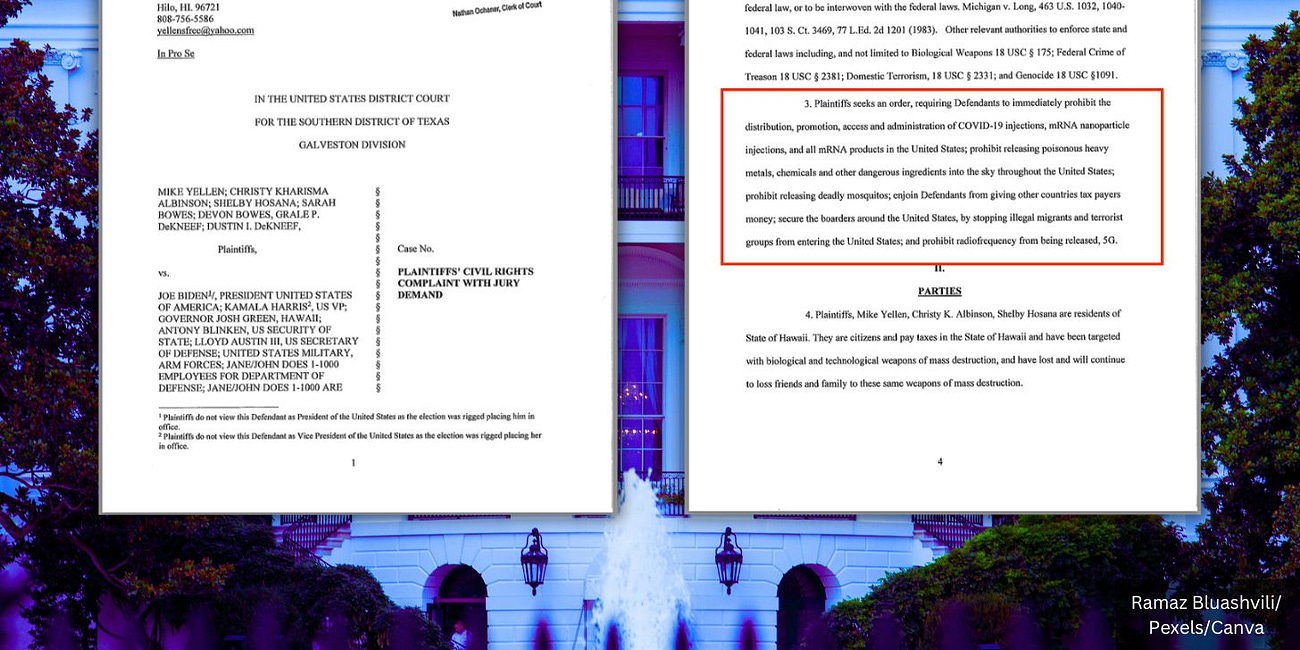

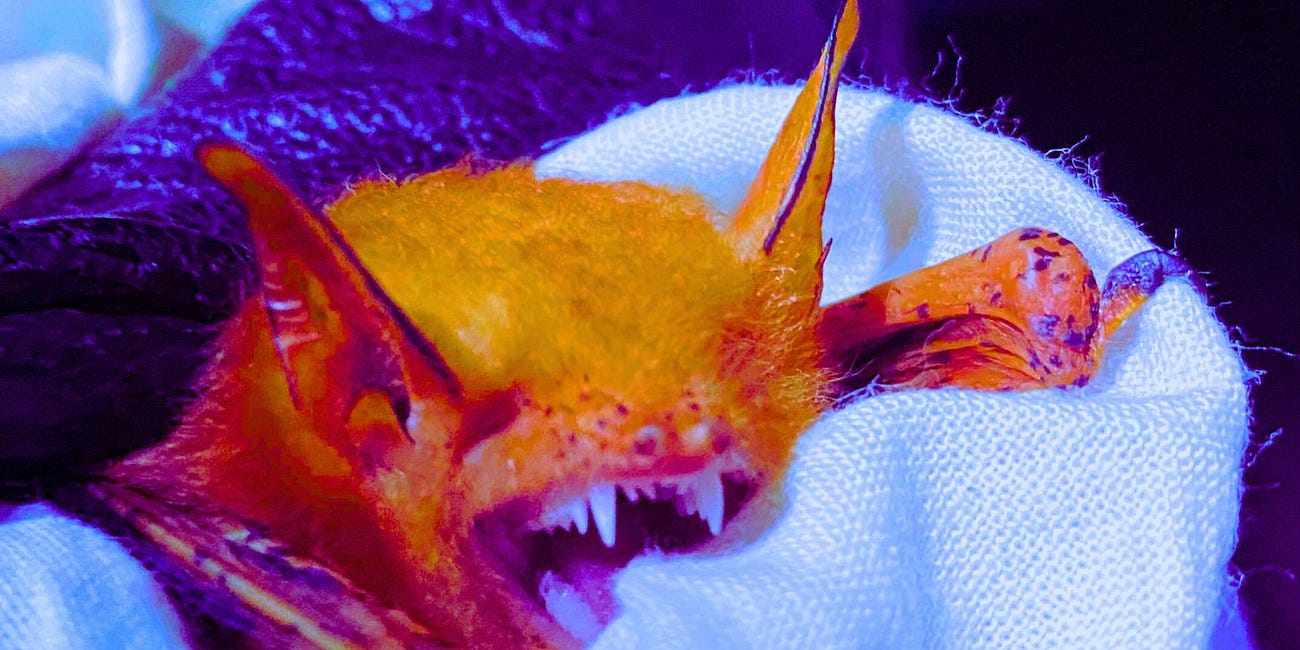
Why is it that when is see ‘federal’ my mind reads ‘feral’!
Our government institutions are corrupt to the core. And people who write and adopt these policies are either evil or useful idiots.